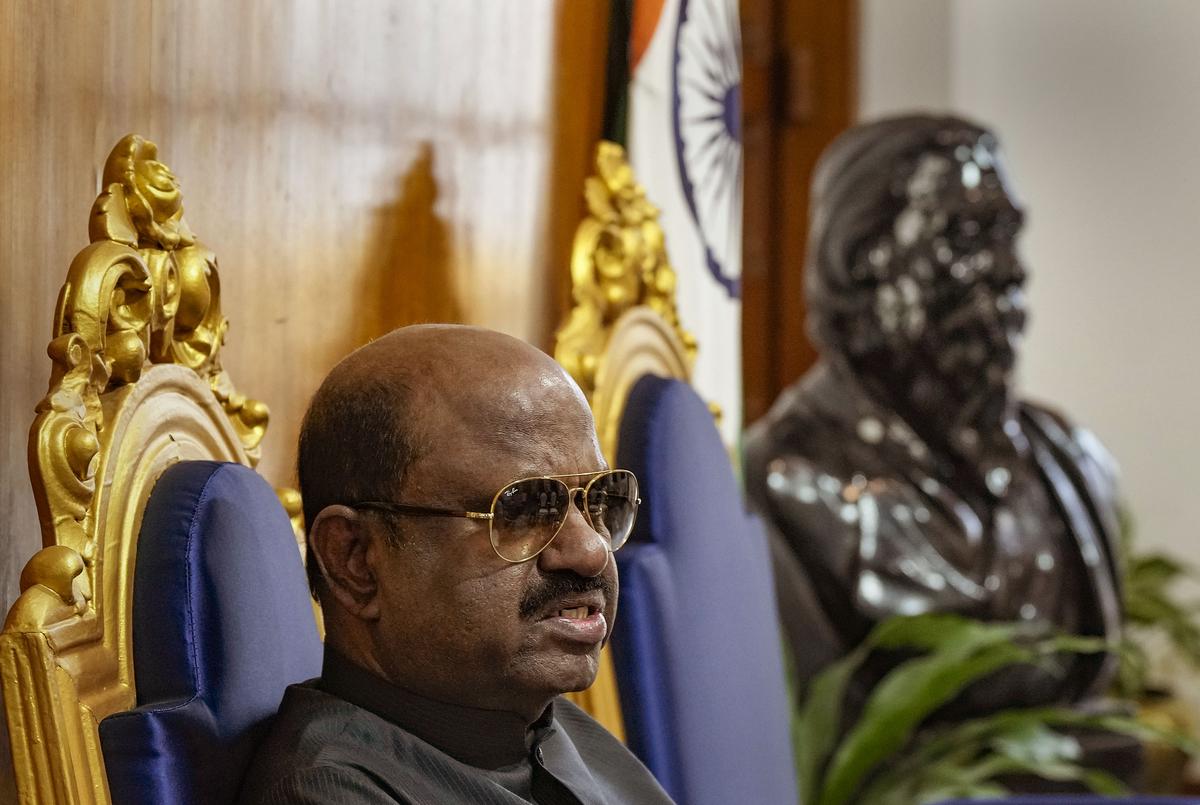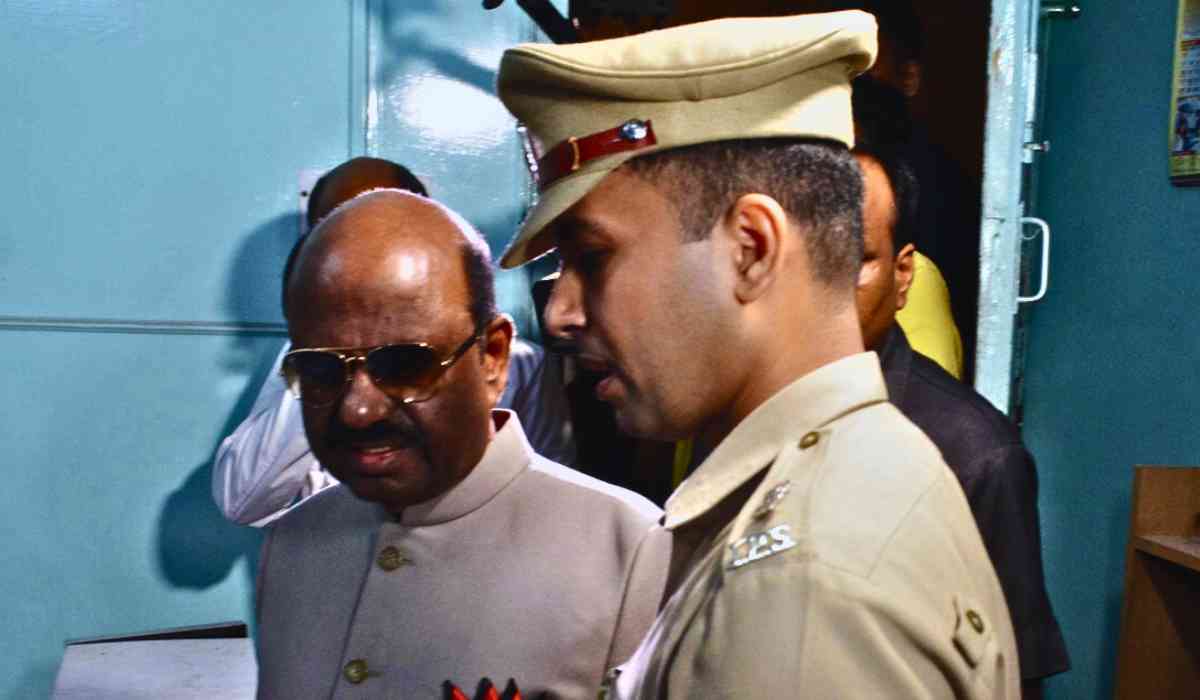A serious case of alleged sexual harassment against West Bengal Governor CV Ananda Bose has sparked a nationwide debate about legal immunity for high-ranking officials. Here’s what we know so far, explained in simple terms.

What Are the Allegations?
A woman working at the West Bengal Raj Bhavan (Governor’s official residence) accused Governor Bose of sexual harassment. She claimed he called her on April 24 and May 2, 2024, pretending to offer her a better job, but instead harassed her inside Raj Bhavan during work hours. Another woman, a classical dancer, separately accused him of harassment in 2023 during a Delhi hotel stay.
What Happened Next?
The woman filed a police complaint, but the case hit a roadblock due to Article 361 of India’s Constitution. This law gives Governors immunity from criminal cases while in office. Here’s how it works:
-
No Court Cases: Governors can’t be sued or arrested during their term.
-
Delayed Justice: Victims must wait until the Governor leaves office to pursue legal action.
The woman then approached the Supreme Court, arguing that sexual harassment isn’t part of a Governor’s job and shouldn’t be protected by immunity. She also accused Raj Bhavan staff of pressuring her to stay silent.

What Did the Courts Do?
-
Supreme Court: Agreed to examine whether immunity under Article 361 should apply in cases like this.
-
Calcutta High Court: Stopped an investigation against the Governor’s staff member (OSD), who was accused of threatening the woman.
The Governor’s Side
A preliminary inquiry (an initial fact-checking process) dismissed the allegations as “baseless” and “ill-motivated”. The report noted:
-
Timing Issues: The May 2 incident coincided with the Prime Minister’s visit, making it “suspicious”.
-
Staff Testimonies: Other women at Raj Bhavan said they faced no harassment.

Why Is This Case Important?
This isn’t just about one person—it raises big questions about power, accountability, and justice:
-
Immunity vs. Justice: Should leaders have total protection, even for serious crimes?
-
Delayed Trials: Waiting years for justice might harm evidence or witnesses.
-
Past Cases:
-
Meghalaya Governor V Shanmuganathan resigned in 2017 after harassment claims.
-
Andhra Governor N D Tiwari quit in 2009 amid a scandal.
-
What’s Next?
The Supreme Court’s decision could:
-
Limit Immunity: Clarify that crimes like harassment aren’t part of a Governor’s job.
-
Set Guidelines: Explain how police should handle such cases.
For now, the Governor remains in office, and the legal battle continues.

A Balancing Act
This case shows the tension between protecting leaders from false charges and protecting citizens’ rights. While immunity ensures Governors work without fear, it shouldn’t block justice for victims. If the Supreme Court rules against absolute immunity, it could empower more victims to speak up. However, if the charges are proven false, it highlights the need to safeguard public figures from misuse of laws.
Key Takeaways
-
The Law: Article 361 shields Governors from criminal cases but not necessarily from all acts.
-
The Debate: Should immunity apply to actions unrelated to official duties?
-
The Impact: The verdict could reshape how India balances power and accountability.
As the case unfolds, it reminds us that no one—no matter how powerful—should be above the law. But it also warns against rushing to judgment without evidence. For now, all eyes are on the Supreme Court to decide where the line should be drawn.
With inputs from agencies
Image Source: Multiple agencies
© Copyright 2025. All Rights Reserved Powered by Vygr Media.























